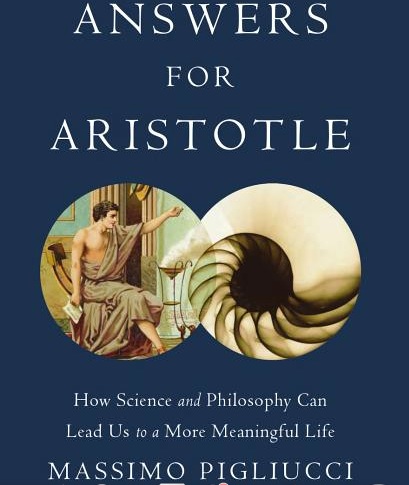Improving on mastery
This is interesting, from Brain Pickings, a quote from a book on intuition, Answers for Aristotle:
Research on acquiring skills shows that, roughly speaking, and pretty much independently of whether we are talking about a physical activity or an intellectual one, people tend to go through three phases while they improve their performance. During the first phase, the beginner focuses her attention simply on understanding what it is that the task requires and on not making mistakes. In phase two, such conscious attention to the basics of the task is no longer needed, and the individual performs quasi-automatically and with reasonable proficiency. Then comes the difficult part. Most people get stuck in phase two: they can do whatever it is they set out to do decently, but stop short of the level of accomplishment that provides the self-gratification that makes one’s outlook significantly more positive or purchases the external validation that results in raises and promotions. Phase three often remains elusive because while the initial improvement was aided by switching control from conscious thought to intuition—as the task became automatic and faster—further improvement requires mindful attention to the areas where mistakes are still being made and intense focus to correct them. Referred to as ‘deliberate practice,’ this phase is quite distinct from mindless or playful practice.
This reminds me of a point in painting where the painting is good enough, or at least as good as one’s work has been up to this point in my life, and there’s a fork in the road: either you consider it finished or you keep investing time in the areas where it seems to fall short, upon close inspection, but in ways that only I would probably notice. That seems like a self-indulgent or risky investment of time, since it isn’t clear that more work will make the painting more effective in the eyes of anyone else. Knowing what’s “good enough” is, in fact, part of what makes certain quickly executed paintings great. They do their work so economically that more effort would drain the life out of the marks already applied to the surface. I find myself at that fork in the road while doing a lot of paintings now. This passage from Answers for Aristotle also seems to point toward a period of mastery when you realize you can reliably do whatever you have chosen to do, up to that point in your painting life, but then you find yourself asking the question “This is what I can do. What it is I most deeply want to do with all these acquired skills?”
